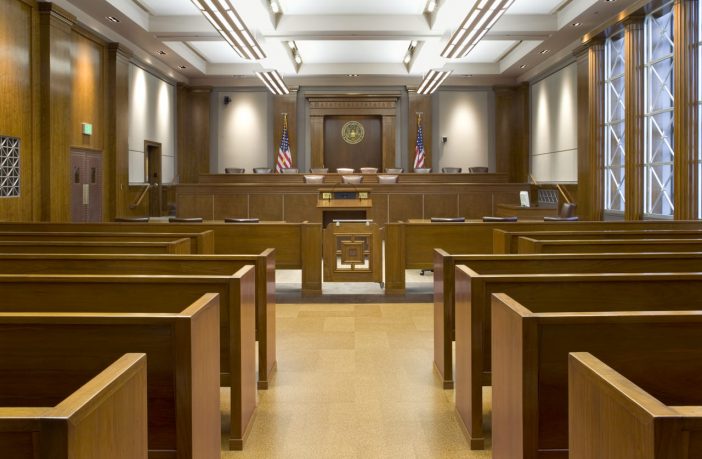The media is full of stories about politicians and activists decrying the manifest injustice of U.S. Immigration and Customs Enforcement arresting illegal aliens in local courthouses and about local jurisdictions declaring themselves “sanctuaries,” in violation of federal law. But are illegal aliens really afraid of local law enforcement?
Apparently not. Take the most recent example, reported in the Washington Examiner: Ericka Gonzalez Zuniga is an illegal alien, who has been convicted of multiple crimes, and who was ordered deported in 2005. However, she seems to have held a sincere belief that she was safe in entering a courthouse in Hidalgo County, Texas. Ms. Zuniga showed up to observe her son’s sentencing hearing. He had been convicted of killing a local police dispatcher while driving drunk.
One would think that any illegal alien who truly feared arrest simply wouldn’t have shown up any place where justice is meted out and law enforcement officers are found in abundance. Especially in Texas, a jurisdiction with a reputation for law and order and a decidedly low tolerance for scofflaws.
Nevertheless, Ms. Zuniga was so convinced that federal jurisdiction over immigration does not extend to state courthouses, her family actually accused ICE of acting in bad faith. They stated, “It is important to recognize the malicious intent of the ICE officials who waited for Ms. Gonzalez Suniga [sic] outside the 275th District Court.”
How so? That isn’t at all clear. Because, to any rational observer, it should be obvious that the only party acting with malicious intent was Ms. Zuniga. She broke the law. Based on her lawless behavior, ICE exercised its authority to arrest her. Where ICE arrested her is totally irrelevant.
As FAIR has pointed out several times in the past, arrests – both civil and criminal – are a common occurrence in courthouses. The notion that courthouses are some type of refuge where litigants are not subject to arrest is a fantastical one that simply does not comport with the way courts are administered in reality. Every day, in courtrooms all over the United States, thousands of probation violators, parents who have failed to keep up with child support payments and litigants who have failed to comply with court orders are taken into custody.
If they weren’t, law enforcement agencies would waste millions of dollars searching for fugitives who could have been lawfully arrested when they stood before the bar of justice. Moreover, while courts have the authority to incarcerate criminal defendants over for trial and issue civil arrest warrants (known as a “capias”), they are dependent on sheriff’s departments or local policing agencies to effectuate arrests. Simply put, if apprehensions in courthouses were banned, the business of the courts would grind to a screeching halt.
But, ultimately, none of that really matters. As FAIR has also pointed out, ICE is a federal law enforcement agency with jurisdiction throughout the United States. It does not need state or local permission to arrest anyone anywhere in the U.S. And, pursuant to the Supremacy Clause of the U.S. Constitution, states have no authority to dictate where, when or how ICE chooses to arrest anyone.
So, what is the problem here? Other than Ms. Zuniga and her supporters throwing a tantrum because they didn’t get what they wanted, there isn’t one. And ICE should be applauded for enforcing the Immigration and Nationality Act, as written, while putting illegal aliens on notice that they no longer have a free and uninterrupted run of the United States. It’s time that all immigration law breakers developed a healthy fear of arrest anywhere in America.




